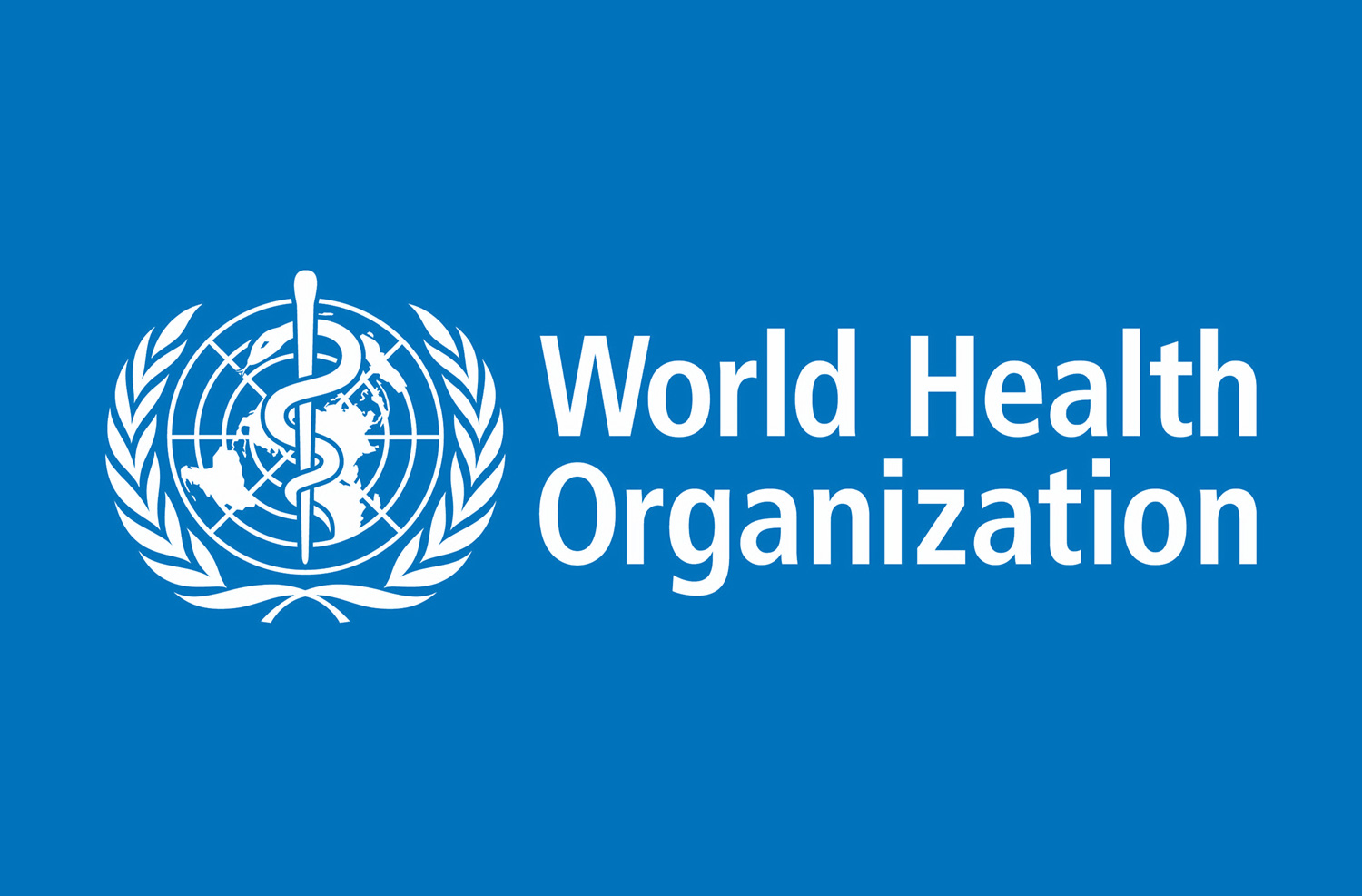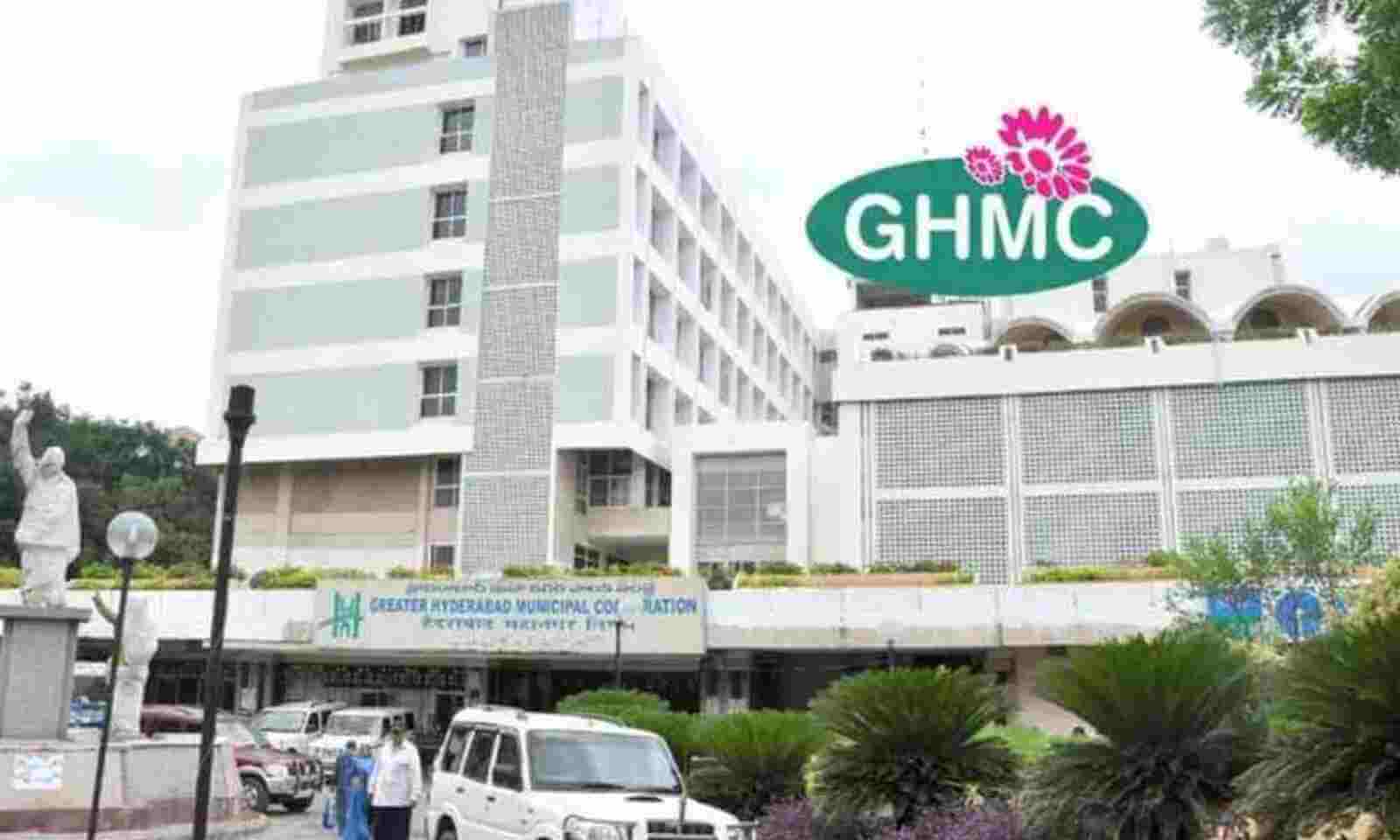WHO advises proper washing in fight against hospital superbugs
Thu 03 Nov 2016, 10:51:22

World Health Organisation has issued new guidelines aimed at halting the spread of potentially deadly superbug infections in hospitals and clinics worldwide. In a change to current common practice, the guidelines said antibiotics should not be used after surgery unless the patient has contracted an infection.
The guidelines range from simple precautions such as ensuring patients take a bath or shower before surgery and ensuring surgical teams use the best possible methods in cleaning their hands, to advice on when to give antibiotics to prevent infections, what disinfectants are best before incision, and which sutures doctors should
use.
use.
Surgical site infections are caused by bacteria getting in to the body through incisions made during surgery. They put millions of patients worldwide at risk each year and exacerbate the spread of antibiotic resistant superbugs such as MRSA. According to WHO figures, some 11 per cent of patients in poor and middle-income countries who have surgery pick up an infection during their operation.
WHO's assistant director-general for health systems and innovation, Marie-Paule Kieny, said in a statement the list of 29 recommendations, drawn up by 20 international experts, were valid for any country and suitable to local adaptations.
No Comments For This Post, Be first to write a Comment.
Most viewed from International
Most viewed from World
AIMIM News
Latest Urdu News
Most Viewed
May 26, 2020
Should there be an India-Pakistan cricket match or not?
Latest Videos View All
Like Us
Home
About Us
Advertise With Us
All Polls
Epaper Archives
Privacy Policy
Contact Us
Download Etemaad App
© 2026 Etemaad Daily News, All Rights Reserved.





































.jpg)
.jpg)
.jpg)


